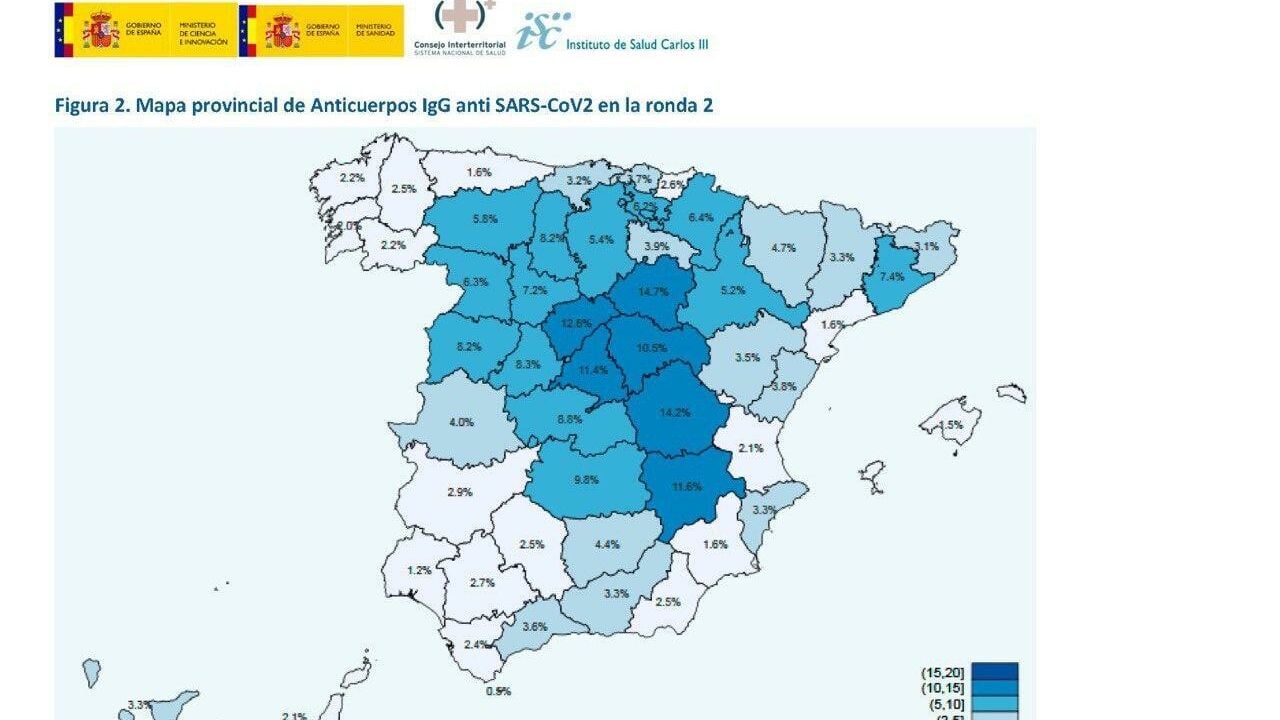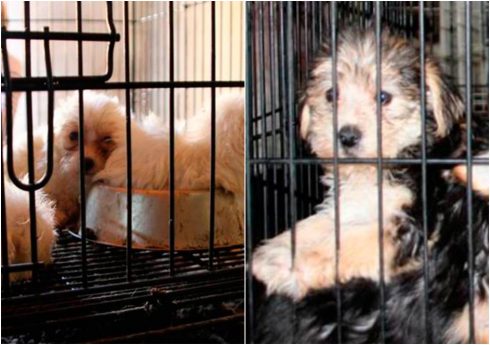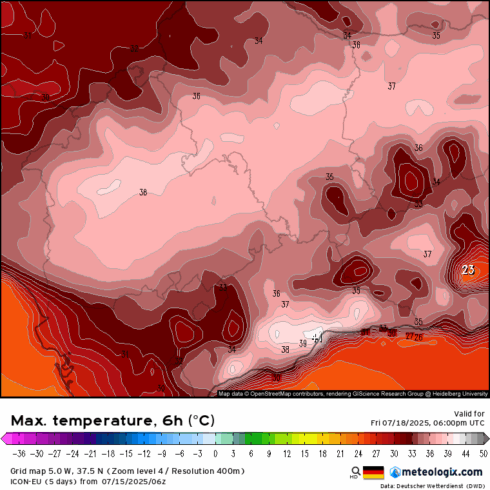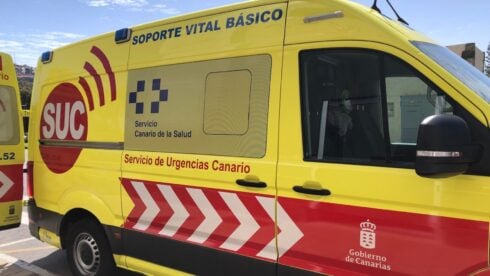THE second part of a nationwide study on Spain’s coronavirus pandemic has suggested 5.2% of the population are now immune against the contagion.
The Instituto de Salud Carlos III, a public health centre, today announced the results after testing 64,564 people between May 18 and June 1.
The institute’s director, Raquel Yotti, said the low figures meant Spain has not yet achieved ‘herd immunity’ against coronavirus.
The first part of the study, which began on April 27, found that 5% of the population carried specific antibodies that fight against coronavirus as part of the body’s immune system.
The type of study that researches immunity in a population is called seroprevalence, and is higher than Spain’s official confirmed cases – PCR-confirmed patients currently make up 0.01% of the population.
Results also confirmed that provinces in central Spain have been the worst-hit during the COVID-19 pandemic.
Madrid, Segovia, Guadalajara and Albacete showed seroprevalence levels twice as high as the national average of 5.2%, while Cuenca and Soria levels were triple the average.
Castilla y Leon, Castilla-La Mancha, Barcelona, Navarra, Terual and Alava had seroprevalence levels between 5-10%.
Girona, Lleida, Zaragoza, Huesca, Alicante, Caceres, Malaga, Granada, Jaen, Castellon and Alicante showed seroprevalence levels between 3% and 5%, while other regions such as Huelva and Asturias didn’t reach 2%.
Click here to read more Spain News from The Olive Press.








